Breaking bread to build bridges: An Iftar at GSBTB with Esra
 As Ramadan draws to a close tonight, Muslims worldwide are gearing up to celebrate Eid al-Fitr, marking the end of a month-long fasting period. With approximately two billion people joining the festivities, Eid brings diverse communities together in a spirit of joy and reflection.
As Ramadan draws to a close tonight, Muslims worldwide are gearing up to celebrate Eid al-Fitr, marking the end of a month-long fasting period. With approximately two billion people joining the festivities, Eid brings diverse communities together in a spirit of joy and reflection.
This year, the Open Kitchen had a special guest during Ramadan, Esra, who invited the entire Give Something Back to Berlin community—regardless of religious background—to share in the tradition of Iftar, the evening meal to break the fast. It was a heartwarming gesture, showcasing the inclusive ethos of Ramadan.
What is your history with GSBTB? Have you been involved before?
Organising the Iftar was my first involvement in a GSBTB project. Still, I’ve always been aware of your activities since I live in the building where the projects occur. This year, I had a lot of time on my hands to get involved in different kinds of projects, and I felt the need to bring people together. Since GSBTB has always been open to people from all backgrounds and religions, including Islam, I thought the Iftar was a perfect opportunity.
Could you explain what an Iftar is?
Iftar is the meal that Muslims eat after sunset during Ramadan, the holy month of dry fasting and with which we break the daily fast. It’s not a tradition since, in our religion, it’s related to rules. Ramadan is meant not only to cleanse our bodies but also to train us to be patient and free ourselves from negative thoughts. It’s a way to purify our energy.
This year, Ramadan and Easter are together, which, in our faith, means that it will bring good fortune since it’s an opportunity to share and learn from one another.

For you, what is the best part of Ramadan?
Praying and being able to all come together, sit at a table and share a meal. The most significant gift during this time is community.
What is your favourite dish to make for Iftar?
One of my favourite dishes is Tarhana soup, but what I really crave after fasting is first water, a date and then Pide bread with a lot of butter.
You mentioned that you value community and sharing food with people during this time. What is important to you about these things?
It’s exciting because it gives you the excuse to sit at a table with people you usually don’t spend so much time with. At GSBTB, I feel everyone meets eye to eye and has a very open attitude. Everyone asks polite questions and is genuinely interested in one another; your title and background are irrelevant here.
What makes Iftar unique for you?
Iftar is special in my heart because it symbolises more than just breaking the fast. It’s a time of coming together, particularly in places like Gaza, where many people are experiencing hardship and despair. In Islam, we’re taught that if your neighbour goes to bed feeling upset, you cannot rest normally. We must build our neighbourhoods and support one another. In Gaza, we cannot just mourn; we must gather strength and rebuild together.
Why is it important for you to share Iftar with people of other religions?
Sharing Iftar with people of other religions allows us to showcase our faith and come closer together. It’s about demonstrating empathy, compassion, and unity, principles central to Islam.
How does celebrating an Iftar here compare to your home country?
Celebrating Iftar abroad can be lonely at times. Still, it also brings a sense of discipline and helps combat that loneliness. It’s positively transformed my perspective, and I take pride in my journey. The sound of the Quran, the shared meals, and the exchange of stories create a sense of belonging and connection.
 What would be the perfect Iftar for you?
What would be the perfect Iftar for you?
For me, the perfect Iftar begins with prayer followed by a communal meal. I also like sharing the sound of the Quran, which I think is beautiful.
Are there any specific smells or colours that you associate with Iftar?
The warm aroma of soup and the scent of smoke from cooking fires are ingrained in my memory of Iftar.
Is there anything else you’d like to share?
I want to go back and mention the situation in Gaza. I don’t want war, but we find ourselves in a problem we cannot change. Instead, we must reflect on what we can learn from it and strive for peace. Change takes time and requires us to come together and focus on the positive aspects of life. Regardless of our religion, we can find common ground through ethical principles such as empathy. The word “Insan” in Arabic, meaning “human,” also signifies forgetfulness. It reminds us of our shared humanity and the obligation to unite. There’s always something we can learn from each other.

